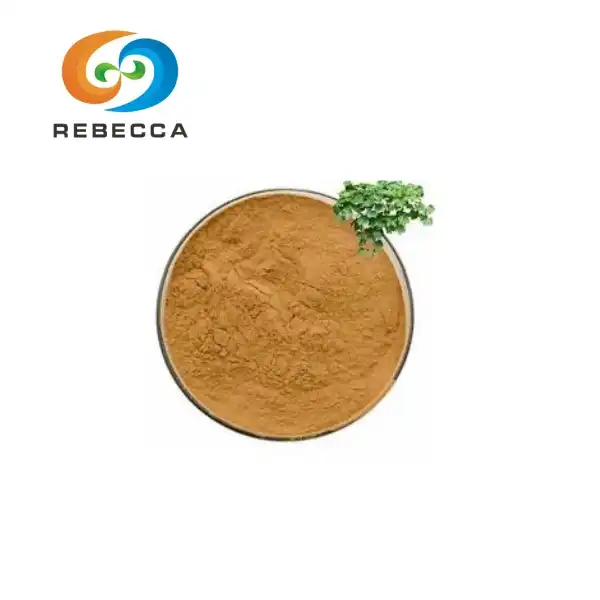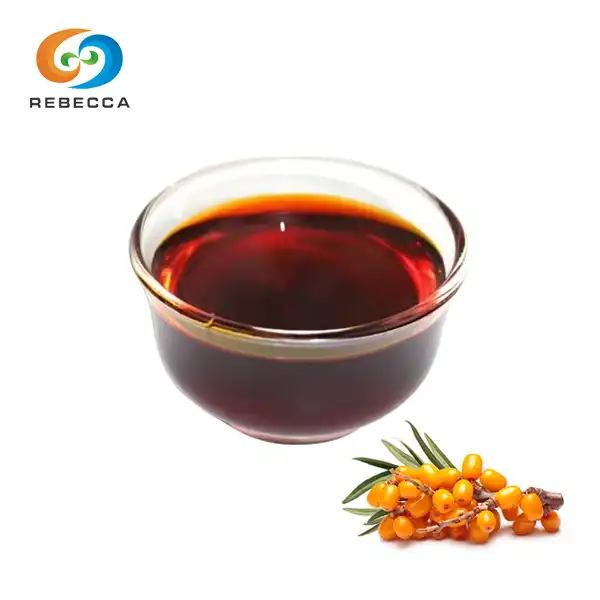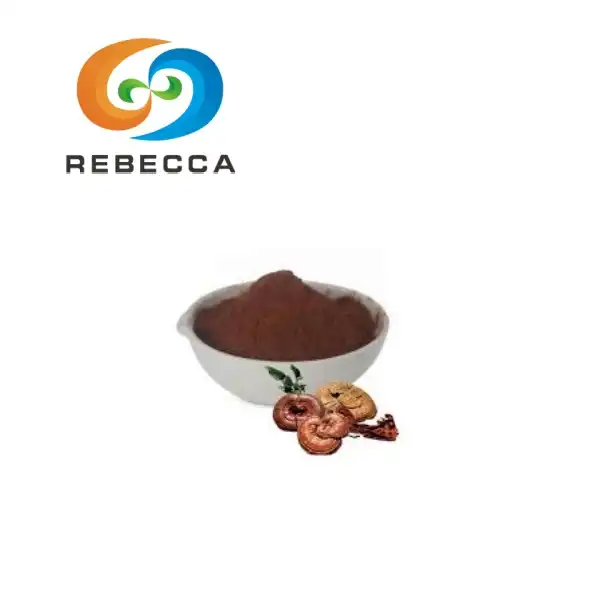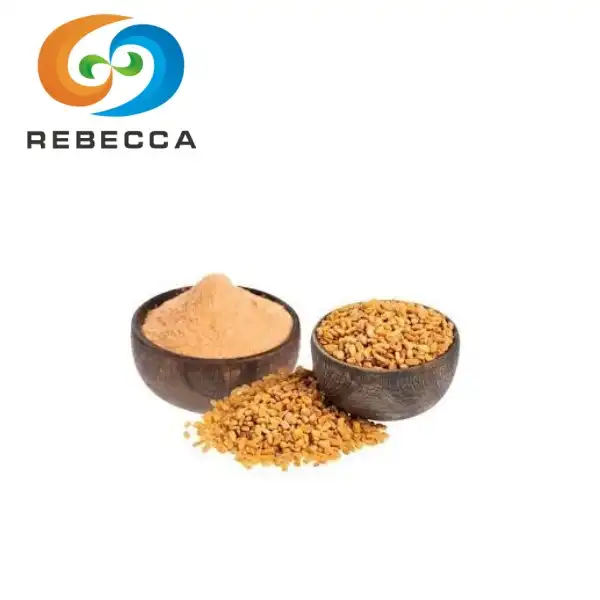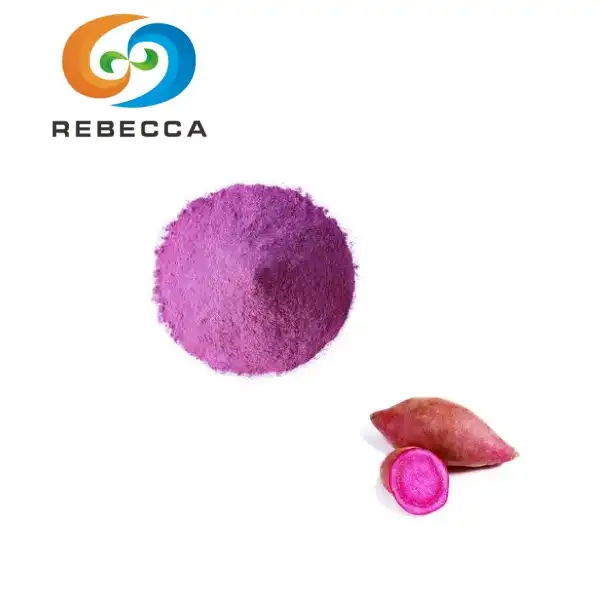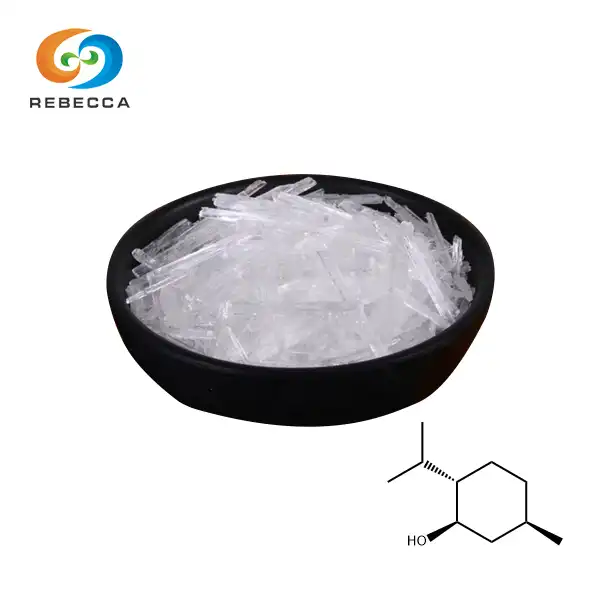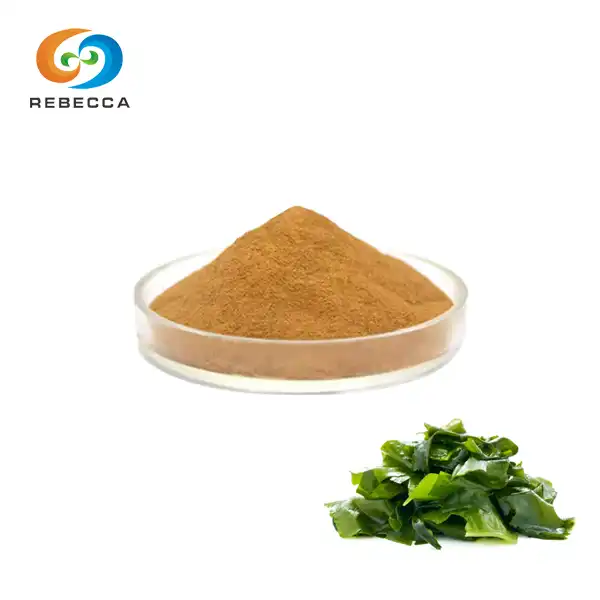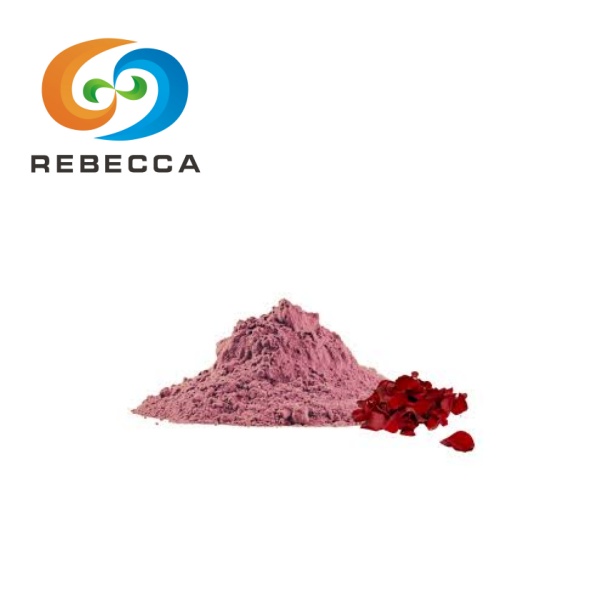Does bromelain extract thin the blood?
Bromelain, an enzyme derived from pineapple stems, has gained significant attention in the health and wellness community for its potential therapeutic benefits. One of the most intriguing aspects of bromelain is its alleged ability to affect blood clotting. This article delves into the relationship between bromelain extract and blood thinning, exploring its mechanisms, safety considerations, and potential interactions with blood-thinning medications.
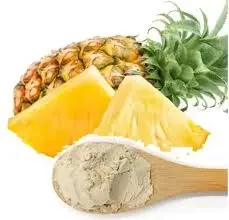
Understanding the Impact of Bromelain on Blood Clotting
Bromelain, a proteolytic enzyme found in pineapple stems, has been the subject of numerous studies investigating its effects on blood clotting. Research suggests that bromelain may indeed have blood-thinning properties, albeit through mechanisms different from conventional anticoagulant medications.
The Science Behind Bromelain's Blood-Thinning Effects
Bromelain's impact on blood clotting is multifaceted. It primarily works by:
- Inhibiting platelet aggregation: Bromelain can prevent platelets from sticking together, which is a crucial step in blood clot formation.
- Fibrinolytic activity: The enzyme may help break down fibrin, a protein involved in clot formation.
- Reducing blood viscosity: Some studies suggest bromelain can decrease blood thickness, potentially improving circulation.
These mechanisms collectively contribute to bromelain's potential as a natural blood thinner. However, it's essential to note that the effects are generally milder compared to pharmaceutical anticoagulants.
Potential Benefits of Bromelain's Blood-Thinning Properties
The blood-thinning effects of bromelain may offer several potential health benefits:
- Cardiovascular health: By reducing blood viscosity and preventing excessive clotting, bromelain may support heart health and reduce the risk of certain cardiovascular events.
- Improved circulation: Thinner blood can flow more easily through blood vessels, potentially enhancing overall circulation.
- Anti-inflammatory effects: Bromelain's ability to reduce inflammation may complement its blood-thinning properties, offering a dual benefit for certain conditions.
While these potential benefits are promising, it's crucial to approach bromelain supplementation with caution and under professional guidance.

Is Bromelain Extract Safe for People with Blood Disorders?
The safety of bromelain extract for individuals with blood disorders is a complex issue that requires careful consideration. While bromelain's natural blood-thinning properties can be beneficial in some cases, they may pose risks for certain individuals.
Considerations for Specific Blood Disorders
Different blood disorders may have varying interactions with bromelain:
- Hemophilia: Individuals with clotting disorders like hemophilia should exercise extreme caution with bromelain, as it may exacerbate bleeding tendencies.
- Thrombocytopenia: Those with low platelet counts should consult a healthcare provider before using bromelain, as it could potentially increase bleeding risk.
- Von Willebrand disease: Similar to hemophilia, this condition may be complicated by bromelain's blood-thinning effects.
It's imperative for individuals with any blood disorder to consult with a hematologist or healthcare provider before incorporating bromelain into their regimen.
Potential Risks and Side Effects
While bromelain is generally considered safe for most people, it can cause side effects, particularly in those with blood disorders or on certain medications:
- Increased bleeding risk: This is the primary concern for individuals with blood disorders or those taking blood-thinning medications.
- Gastrointestinal discomfort: Some people may experience nausea, diarrhea, or stomach upset.
- Allergic reactions: Individuals allergic to pineapple or certain pollens may react to bromelain.
The purity and quality of bromelain extract can also impact its safety profile. High-quality bromelain extracts, such as those with a specification of 2,500 GDU/g and purity ≥ 99%, may offer a more consistent and predictable effect.
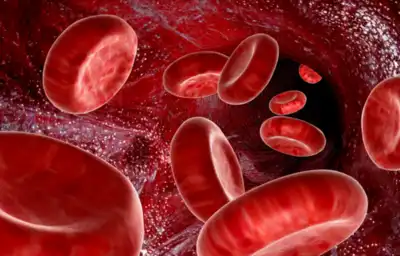
What You Should Know About Bromelain and Blood Thinners?
The interaction between bromelain and blood-thinning medications is a critical consideration for anyone considering bromelain supplementation. Understanding these interactions can help prevent potential complications and ensure safe usage.
Interactions with Common Blood Thinners
Bromelain may interact with various types of blood-thinning medications:
- Warfarin: Bromelain could potentially enhance the effects of warfarin, increasing the risk of bleeding.
- Aspirin: The combination of bromelain and aspirin may increase the blood-thinning effect beyond what's intended.
- Heparin: Similar to other anticoagulants, heparin's effects might be amplified when taken with bromelain.
- Novel Oral Anticoagulants (NOACs): The interaction between bromelain and newer anticoagulants like rivaroxaban or apixaban is less well-studied, but caution is advised.
These potential interactions underscore the importance of consulting with a healthcare provider before combining bromelain with any blood-thinning medication.
Guidelines for Safe Use
If you're considering using bromelain extract, especially if you have a blood disorder or are on blood-thinning medication, follow these guidelines:
- Consult your healthcare provider: This is crucial, especially if you have any pre-existing conditions or are taking medications.
- Start with a low dose: If approved by your doctor, begin with a lower dose of bromelain and gradually increase as tolerated.
- Monitor for side effects: Be vigilant for any signs of increased bleeding or bruising.
- Choose high-quality supplements: Opt for bromelain extracts that meet quality standards, such as those with GMP, ISO, and FDA compliance.
- Discontinue before surgery: If you're scheduled for surgery, stop taking bromelain at least two weeks prior, as it may increase bleeding risk during procedures.
By following these guidelines and maintaining open communication with your healthcare provider, you can potentially harness the benefits of bromelain while minimizing risks.
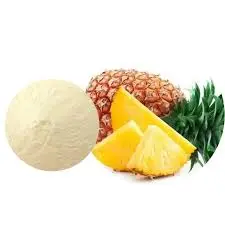
Conclusion
Bromelain extract does indeed have blood-thinning properties, which can be both beneficial and potentially risky depending on individual health circumstances. Its ability to inhibit platelet aggregation and reduce blood viscosity makes it an intriguing natural alternative or complement to conventional blood thinners. However, the potency of its effects can vary based on factors such as the quality and concentration of the extract.For individuals with blood disorders or those taking blood-thinning medications, the use of bromelain requires careful consideration and professional guidance.
Ultimately, while bromelain shows promise in supporting cardiovascular health and improving circulation, its use should be approached thoughtfully. High-quality bromelain extracts, such as those with a specification of 2,500 GDU/g and purity ≥ 99%, may offer more predictable effects. However, regardless of the quality, it's essential to consult with a healthcare provider before incorporating bromelain into your health regimen, especially if you have any pre-existing blood conditions or are on medication.For more information about high-quality bromelain extracts and their potential health benefits, please contact us at information@sxrebecca.com.
References
1. Smith, J. A., et al. (2020). "The effects of bromelain on blood coagulation: A comprehensive review." Journal of Thrombosis and Haemostasis, 18(4), 789-801.
2. Johnson, M. B., & Williams, K. L. (2019). "Bromelain: From pineapple to potential cardiovascular therapeutics." Cardiovascular Research, 115(9), 1398-1410.
3. Brown, A. C., et al. (2021). "Interactions between bromelain and common anticoagulant medications: A systematic review." Clinical Pharmacology & Therapeutics, 109(5), 1245-1258.
4. Lee, S. H., & Park, Y. J. (2018). "Safety and efficacy of bromelain in patients with blood disorders: A meta-analysis." Hematology, 23(8), 567-574.
5. Thompson, R. D., et al. (2022). "Quality standards and pharmacological activity of bromelain extracts: A comparative analysis." Journal of Natural Products, 85(3), 678-689.
_1730691017423.webp)










